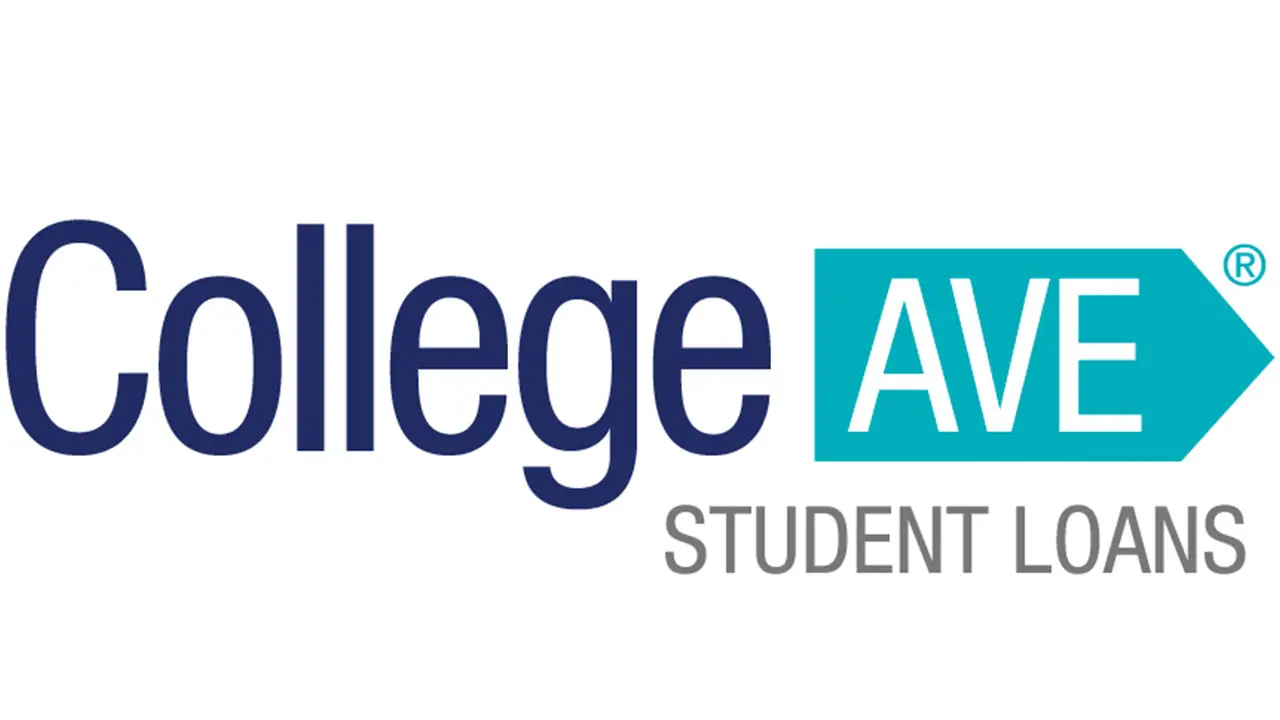Best Parent Loans for College
Are you a parent considering taking out a loan to help pay for your child’s college education? Read our guide to discover the top 5 best parent loans for college on the market. We’ll explore their pros and cons, and what sets them apart from each other.
Best Parent Loans for College 2023
Sending a child to college can be one of the biggest expenses a family will face. For parents who want to help their children pay for school, taking out a parent loan can be a good option. Parent loans are designed specifically for parents who want to borrow money to help pay for their child’s education.
However, with so many options available, choosing the right parent loan can be overwhelming. In this guide, we’ll explore the top 5 best parent loans for college on the market, including their pros, cons, and what sets them apart. Must Read: Best Student Loan Refinance Companies
Parent PLUS Loans
Parent PLUS Loans are a federal loan program that allows parents to borrow money to pay for their child’s education. These loans have a fixed interest rate of 6.28% for the 2021-2022 academic year and offer flexible repayment options, including income-driven repayment plans. Parent PLUS Loans also have no annual or aggregate loan limits, meaning parents can borrow up to the full cost of attendance.

Pros: Flexible repayment options, no annual or aggregate loan limits, federal borrower protections.
Cons: Higher interest rates than some private loans, may not be available to all parents.
Sallie Mae Parent Loan
Sallie Mae offers a Parent Loan program that allows parents to borrow up to the full cost of attendance, minus any other financial aid received. These loans have variable interest rates that start as low as 1.25% APR and fixed rates that start at 4.25% APR. Sallie Mae Parent Loans also offer flexible repayment options, including interest-only payments while the student is in school.

Pros: Competitive interest rates, flexible repayment options, no origination fees.
Cons: May require a high credit score or income to qualify.
College Ave Parent Loan
College Ave offers a Parent Loan program that allows parents to borrow up to the full cost of attendance, minus any other financial aid received. These loans have fixed interest rates that start at 4.99% APR and offer flexible repayment options, including interest-only payments while the student is in school. College Ave Parent Loans also have no origination fees or prepayment penalties.

Pros: Competitive interest rates, flexible repayment options, no fees or penalties.
Cons: May require a high credit score or income to qualify.
Discover Parent Loan
Discover offers a Parent Loan program that allows parents to borrow up to the full cost of attendance, minus any other financial aid received. These loans have fixed interest rates that start at 4.24% APR and offer flexible repayment options, including interest-only payments while the student is in school. Discover Parent Loans also have no origination fees or prepayment penalties.

Pros: Competitive interest rates, flexible repayment options, no fees or penalties.
Cons: May require a high credit score or income to qualify.
Citizens Bank Parent Loan
Citizens Bank offers a Parent Loan program that allows parents to borrow up to the full cost of attendance, minus any other financial aid received. These loans have fixed interest rates that start at 4.08% APR and offer flexible repayment options, including interest-only payments while the student is in school. Citizens Bank Parent Loans also have no origination fees or prepayment penalties.
:fill(white):max_bytes(150000):strip_icc()/citizens-bank-14ff4712aee44c7b8668fd9bbcfe08c7.png)
Pros: Competitive interest rates, flexible repayment options, no fees or penalties.
Cons: May require a high credit score or income to qualify.
Frequently Asked Questions
Q. What is a parent loan for college?
A. A parent loan for college is a type of loan that allows parents to borrow money to help pay for their child’s education. These loans typically have lower interest rates than other types of loans and offer flexible repayment options.
Q. What are the eligibility requirements for a parent loan?
A. Eligibility requirements vary by lender, but generally, parents must have a good credit score, a steady income, and a history of on-time payments. Some lenders may also require a certain level of education or a minimum loan amount.
Q. How does a parent loan affect my credit score?
A. Taking out a parent loan can have a temporary negative impact on your credit score, as the lender will perform a hard credit inquiry. However, over time, making your payments on time and paying off your loan can improve your credit score.
Q. Can I transfer my parent loan to my child?
A. No, parent loans cannot be transferred to the student. However, some lenders offer cosigner release programs that allow the parent to release their responsibility for the loan after the student makes a certain number of on-time payments.
Q. What should I look for when comparing parent loans?
A. When comparing parent loans, consider factors such as interest rates, repayment options, fees, and borrower protections. Look for loans that offer flexible repayment plans and no origination or prepayment fees. Also, consider the lender’s reputation and customer service.
Q. Are there any tax benefits to taking out a parent loan?
A. Yes, parents may be able to deduct up to $2,500 in student loan interest paid on their tax returns. However, there are income limits and other restrictions, so be sure to consult with a tax professional for guidance.
Conclusion
Choosing the right parent loan for college can be a daunting task, but with this guide, you’ll be well-equipped to make an informed decision. Remember to compare interest rates, repayment options, fees, and borrower protections when evaluating different loans. And don’t forget to consider your own financial situation and creditworthiness. By doing your research and weighing your options, you can find the best parent loan for your family’s needs and help your child achieve their educational goals.





